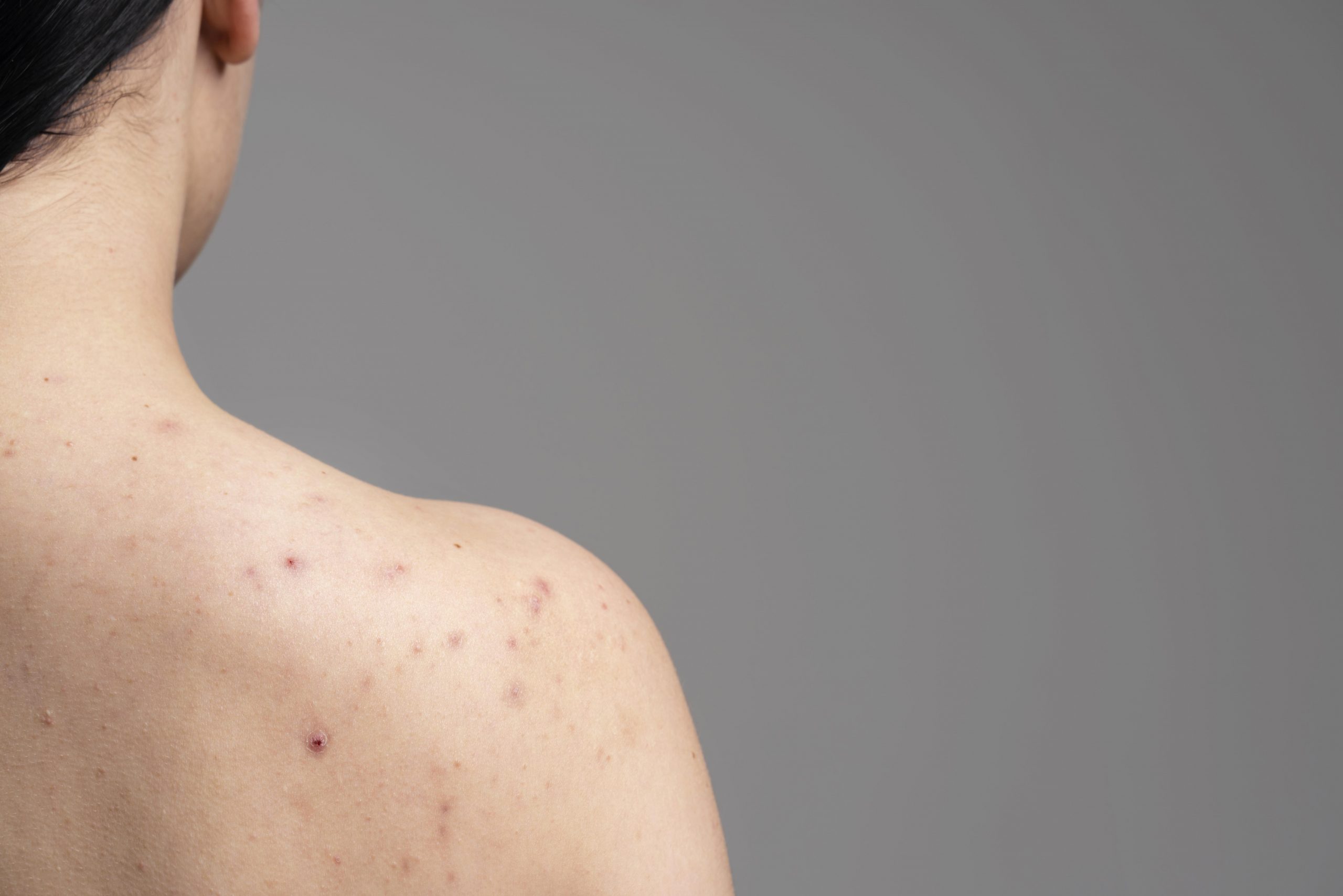

New clinical research found that combining an experimental mRNA vaccination with immunotherapy lowered the chance of melanoma recurrence or causing mortality by 44% when compared to treatment alone.
The randomized phase 2b trial, led by doctors at NYU Langone Health and its Perlmutter Cancer Center, included men and women who had surgery to remove melanoma from lymph nodes or other organs and were at high risk of the illness returning in places remote from the original tumor.
Within two years of follow-up, cancer returned in 24 of 107 study subjects (22.4%) who received both the experimental vaccine mRNA-4157/V940 and the immunotherapy pembrolizumab, compared to 20 of 50 (40%) who received only pembrolizumab.
“Our phase 2b study shows that a neoantigen mRNA vaccine, when used in combination with pembrolizumab, resulted in prolonged time without melanoma recurrence or death compared with pembrolizumab alone,” said study senior investigator Jeffrey Weber, MD, Ph.D., the deputy director of the Perlmutter Cancer Center.
The results of the phase 2b trial will be announced on April 16 at the American Association for Cancer Research annual meeting in Orlando, Fla.While randomized phase 3 trials determine if a treatment is superior to current conventional medicines, phase 2 trials, such as this one, provide preliminary confidence that one treatment is likely to be superior to another and lead to larger studies to validate those findings. Phase 3 trials of the mRNA-4157/V940 vaccine in combination with pembrolizumab versus pembrolizumab alone are already planned at NYU Langone and a number of other medical centers around the world, according to Weber, the Laura and Isaac Perlmutter Professor of Oncology at NYU Grossman School of Medicine.
mRNA-4157/V940 in combination with pembrolizumab received Breakthrough Therapy classification from the US Food and Drug Administration in February, a classification aimed to expedite government evaluations of study data.
The recent findings underline the importance of immune system T cells that can combat viruses as well as cancer. This system uses “checkpoint” molecules on T cell surfaces to “turn off” their onslaught against viruses when the infection is cleared. Tumors may be recognized as abnormal by the body, but cancer cells hijack checkpoints to turn off, dodge, and avoid immune responses. Immunotherapies such as pembrolizumab aim to disrupt checkpoints, allowing cancer cells to become more “visible” and sensitive to immune cells.
Immunotherapies have become the standard treatment for melanoma, albeit they do not work for all patients because melanoma cells, which are notorious for their ability to elude the immune system, can develop resistance to immunotherapy. As a result, researchers have considered including vaccinations. While most vaccinations are meant to prevent infections, they can also be modified to target cancer-related proteins, thereby preventing melanoma recurrence.
mRNA-4157/V940, like the COVID-19 vaccine, is based on messenger RNA, a chemical cousin of DNA that sends instructions to cells for protein production. mRNA cancer vaccines are intended to teach the body’s immune system to distinguish cancer cells from normal cells. In developing a melanoma vaccine, researchers aimed to elicit an immune response to certain aberrant proteins known as “neoantigens.”
Because all of the study participants had their tumors removed, researchers were able to test their cells for neoantigens unique to each melanoma and develop a “personalized” vaccination for each patient. As a result, T lymphocytes specific to the neoantigen proteins encoded by the mRNA were generated. These T cells could then go after any melanoma cells that are attempting to grow or spread.
According to the researchers, the tailored mRNA-4157/V940 vaccination took roughly six to eight weeks to generate for each patient and could recognize up to 34 neoantigens. According to the researchers, severe adverse effects were comparable between the two arms of the study, with weariness being the most common side effect related to the vaccine reported by patients.
more recommended stories
 Microglia Neuroinflammation in Binge Drinking
Microglia Neuroinflammation in Binge DrinkingKey Takeaways (Quick Summary for HCPs).
 Precision Oncology with Personalized Cancer Drug Therapy
Precision Oncology with Personalized Cancer Drug TherapyKey Takeaways UC San Diego’s I-PREDICT.
 Iron Deficiency vs Iron Overload in Parkinson’s Disease
Iron Deficiency vs Iron Overload in Parkinson’s DiseaseKey Takeaways (Quick Summary for HCPs).
 Can Ketogenic Diets Help PCOS? Meta-Analysis Insights
Can Ketogenic Diets Help PCOS? Meta-Analysis InsightsKey Takeaways (Quick Summary) A Clinical.
 Silica Nanomatrix Boosts Dendritic Cell Cancer Therapy
Silica Nanomatrix Boosts Dendritic Cell Cancer TherapyKey Points Summary Researchers developed a.
 Vagus Nerve and Cardiac Aging: New Heart Study
Vagus Nerve and Cardiac Aging: New Heart StudyKey Takeaways for Healthcare Professionals Preserving.
 Cognitive Distraction From Conversation While Driving
Cognitive Distraction From Conversation While DrivingKey Takeaways (Quick Summary) Talking, not.
 Fat-Regulating Enzyme Offers New Target for Obesity
Fat-Regulating Enzyme Offers New Target for ObesityKey Highlights (Quick Summary) Researchers identified.
 Spatial Computing Explains How Brain Organizes Cognition
Spatial Computing Explains How Brain Organizes CognitionKey Takeaways (Quick Summary) MIT researchers.
 Gestational Diabetes Risk Identified by Blood Metabolites
Gestational Diabetes Risk Identified by Blood MetabolitesKey Takeaways (Quick Summary for Clinicians).

Leave a Comment